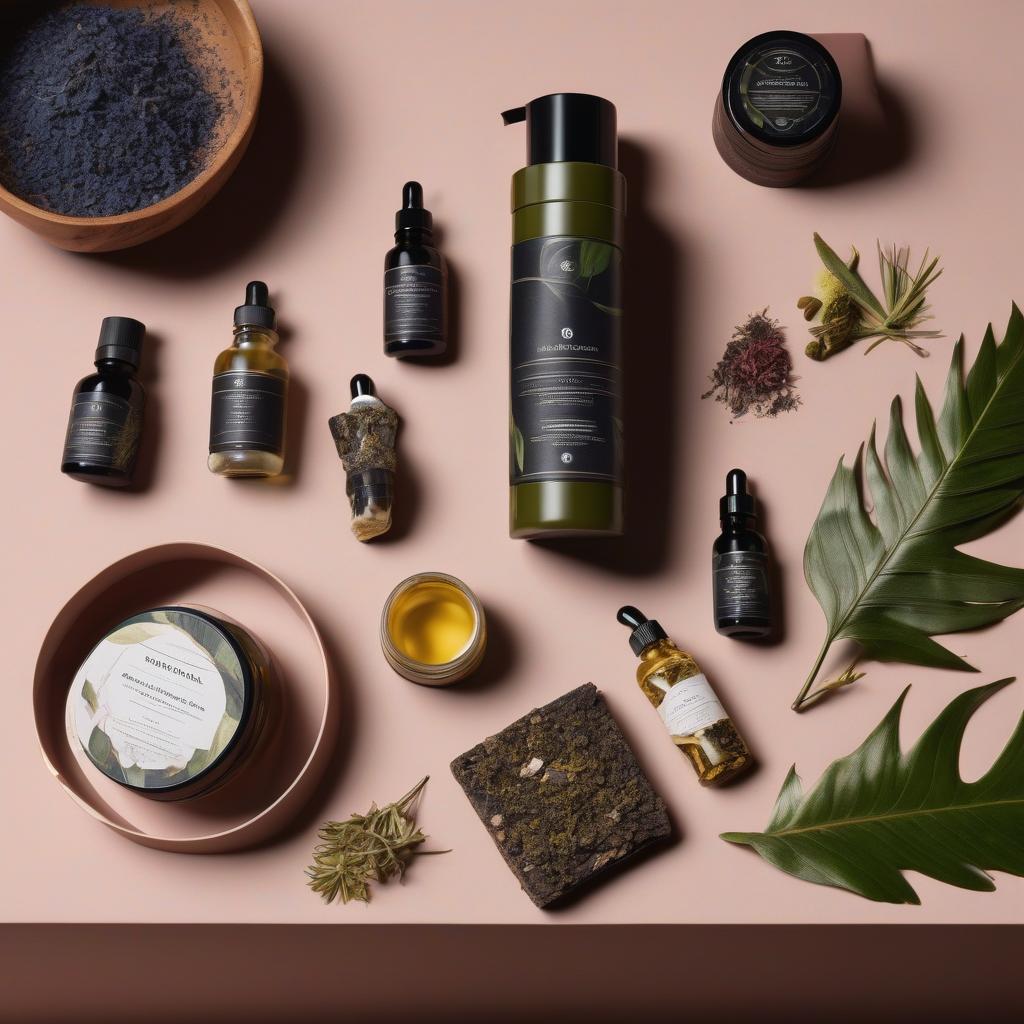
The Art of Artisanal Shaving: Ingredients and Formulations
The world of artisanal shaving products stands apart due to its emphasis on quality and natural formulations. Consumers, increasingly aware of what they put on their skin, are drawn to these products because of the natural oils and extracts they contain, as well as their commitment to avoiding harsh chemicals. This focus not only enhances the shaving experience but also supports skin health. In this blog post, we will explore the key ingredients and formulations of artisanal shaving products.
6.2.1.2 Ingredients and Formulations
Artisanal shaving products draw heavily on the benefits of natural ingredients, offering a more skin-friendly alternative to traditional commercial products. Let’s delve into the main components that set these products apart.
Natural Oils and Extracts
Natural oils and extracts are the backbone of artisanal shaving products, chosen for their skin-nourishing properties and therapeutic benefits:
Popular Natural Oils
- Jojoba Oil: Mimics the skin’s natural sebum, providing balancing hydration without clogging pores. Jojoba oil also has anti-inflammatory properties, making it suitable for sensitive skin (Source).
- Argan Oil: Known for its moisturizing capabilities, argan oil is rich in vitamin E and fatty acids, which nourish and protect the skin. It’s an excellent choice for preventing post-shave dryness and irritation (Source).
- Coconut Oil: Offers antimicrobial properties and deep hydration, making it ideal for soothing razor burns and skin irritations. Its presence in shaving creams and soaps helps in building a rich, protective lather (Source).
Beneficial Extracts
- Aloe Vera: Known for its soothing and healing properties, aloe vera extract is often used in artisanal formulations to reduce irritation and promote skin healing after shaving (Source).
- Green Tea Extract: Offers antioxidant properties that protect the skin from oxidative stress, which can be beneficial in preventing skin damage and aging (Source).
- Chamomile Extract: Calms the skin with its anti-inflammatory and anti-irritant properties, making it a great addition for those with sensitive skin prone to redness and inflammation during shaving (Source).
Avoidance of Harsh Chemicals
One of the defining characteristics of artisanal shaving products is their commitment to avoiding harsh chemicals commonly found in mass-produced grooming products:
Harmful Chemicals to Avoid
- Parabens: These are synthetic preservatives used to extend the shelf life of products. Research has linked parabens to hormonal disruptions, prompting many consumers to choose paraben-free alternatives (Source).
- Sulfates: Such as sodium lauryl sulfate (SLS), these are detergents that create lather but can strip the skin of its natural oils, leading to dryness and irritation (Source).
- Synthetic Fragrances: Often containing phthalates, which have been associated with endocrine disruption, choosing products with natural essential oils is a safer alternative (Source).
Insights and Industry Trends
The skincare and grooming industry has seen a significant shift towards clean beauty, with a report by Grand View Research highlighting that the global natural and organic personal care industry is expected to reach $25.11 billion by 2025 (Source). This trend is driven by growing consumer awareness and the increased incidence of skin sensitivities linked to synthetic chemicals.
Conclusion
Artisanal shaving products offer a compelling alternative to conventional grooming products, leveraging natural oils and extracts to enhance skin health while avoiding harsh chemicals. As consumers become more informed and demand transparency and quality, the popularity of these products is set to rise. Choosing artisanal ensures not only a superior shaving experience but also contributes to better overall skin health and environmental sustainability. Whether you’re new to artisanal grooming or looking to switch things up, these products provide a healthier, more responsible choice.

